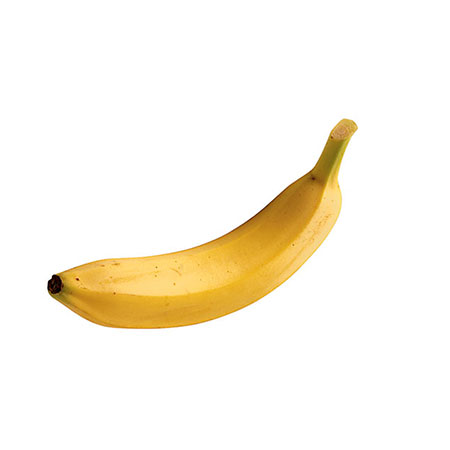legacy
something that happens or exists as a result of things that happened at an earlier time
ميراث، ماترک
Longman Dictionary of Contemporary English
legacy
I. leg‧a‧cy1 /ˈleɡəsi/ BrE AmE noun (plural legacies) [countable]
[Date: 1300-1400; Language: Old French; Origin: legacie 'position of a legate', from Latin legatus; ⇨ ↑legate]
1. something that happens or exists as a result of things that happened at an earlier time
legacy of
The invasion left a legacy of hatred and fear.
legacy from
a legacy from the colonial period
2. money or property that you receive from someone after they die SYN inheritance:
She received a small legacy from her aunt.
II. legacy2 BrE AmE adjective [only before noun]
1. a legacy system, piece of software etc is one that a person or organization continues to use, although more modern ones are available
2. legacy data old information that an organization has, especially information that is stored in an old-fashioned way
Oxford Advanced Learner's Dictionary
legacy
leg·acy [legacy legacies] noun, adjective [ˈleɡəsi] [ˈleɡəsi]
noun (pl. leg·acies)
1. money or property that is given to you by sb when they die
Syn: inheritance
• They each received a legacy of $5 000.
2. a situation that exists now because of events, actions, etc. that took place in the past
• Future generations will be left with a legacy of pollution and destruction.
• The problems were made worse by the legacy of centuries of neglect.
Word Origin:
late Middle English (also denoting the function or office of a deputy, especially a papal legate): from Old French legacie, from medieval Latin legatia ‘legateship’, from legatus ‘person delegated’, past participle of legare ‘depute, delegate, bequeath’.
Thesaurus:
legacy noun C
• He received a legacy of £5 000.
inheritance • • heritage • |formal bequest • • birthright • |law estate •
a/an legacy/inheritance/bequest from sb
a cultural/artistic legacy/inheritance/heritage
leave (sb) a legacy/an inheritance/a bequest/your estate
bequeath (sb)/inherit a legacy/an estate
Example Bank:
• His influence on younger musicians is perhaps his greatest legacy.
• She is the heir to a legacy of £1 million.
• She left her the money in a legacy.
• She said she would continue her father's legacy.
• Such attitudes are a legacy from colonial times.
• These problems have arisen as a result of historical legacies.
• a great legacy of technical innovation
• a legacy from my old teacher
• the enduring legacy bequeathed by the war years
• They each received a legacy of £5 000.
adjective only before noun used to describe a computer system or product that is no longer available to buy but is still used because it would be too difficult or expensive to replace it
• How can we integrate new technology with our legacy systems?
• legacy hardware/software
• Legacy hardware and software should be able to cope with the website.
Word Origin:
late Middle English (also denoting the function or office of a deputy, especially a papal legate): from Old French legacie, from medieval Latin legatia ‘legateship’, from legatus ‘person delegated’, past participle of legare ‘depute, delegate, bequeath’.
Cambridge Advanced Learner's Dictionary
legacy
legacy /ˈleg.ə.si/
noun [C]
1 money or property that you receive from someone after they die:
An elderly cousin had left her a small legacy.
2 something that is a part of your history or which stays from an earlier time:
The Greeks have a rich legacy of literature.
The war has left a legacy of hatred.
Collins COBUILD Advanced Learner’s English Dictionary
legacy
[le̱gəsi]
legacies
1) N-COUNT A legacy is money or property which someone leaves to you when they die.
You could make a real difference to someone's life by leaving them a generous legacy.
2) N-COUNT: with supp, usu N of n, n N A legacy of an event or period of history is something which is a direct result of it and which continues to exist after it is over.
...a programme to overcome the legacy of inequality and injustice created by Apartheid...
The old system has left a mixed legacy.









